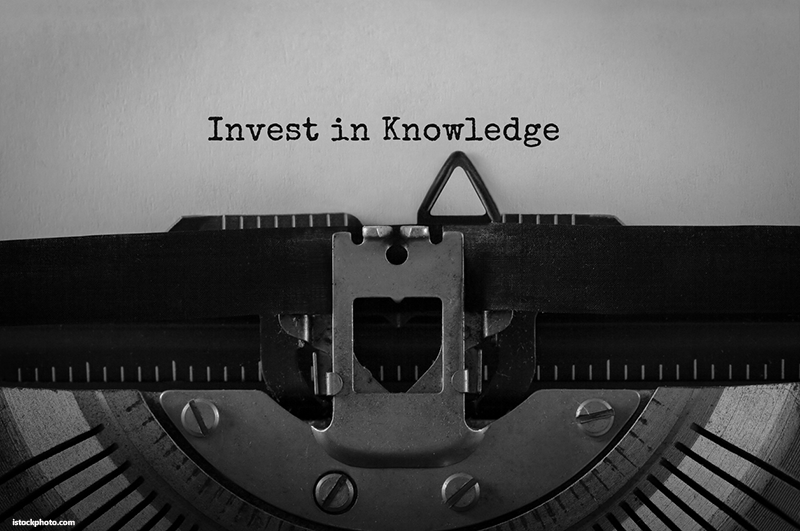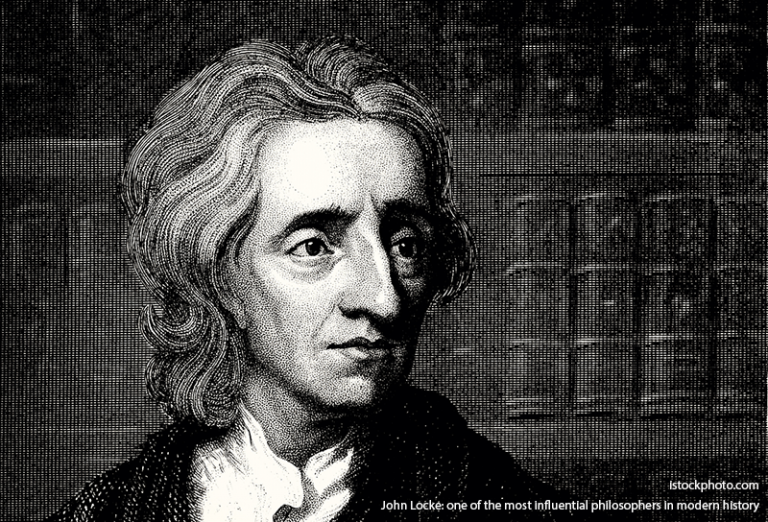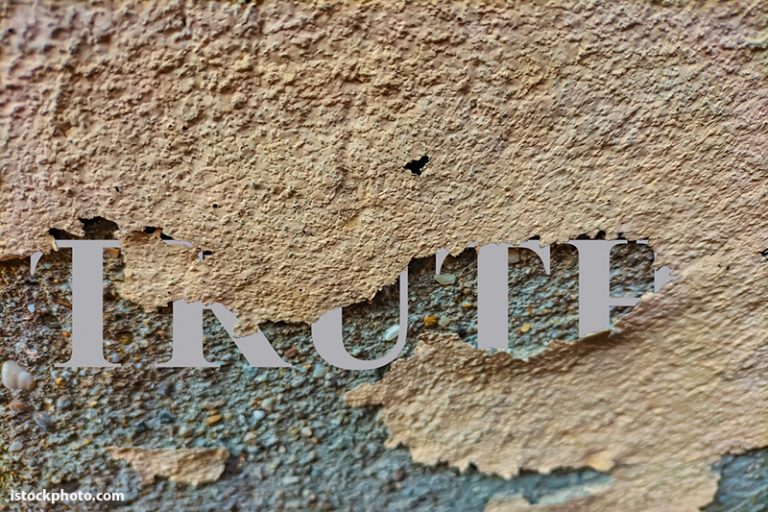
Let me begin with a simple but unsettling question: Is a university amoral?
Some would say yes. They would say the university is a neutral space, a marketplace of ideas, where every opinion has its price and no truth is more costly than another. They would tell us that morality belongs in the private sphere and that the university should limit itself to research, workforce training and the mechanics of knowledge. They may even suggest that morals are absent unless purposefully interjected. But the American Founders would have answered differently. For them, the republic’s survival depended on moral, civic and formative education. They knew liberty without virtue collapses into license, and democracy without moral formation disintegrates into disorder.
George Washington, first among the founders, in his farewell address, warned that “religion and morality are indispensable supports” of political prosperity. Without them, he said, “No free people could preserve liberty.” John Adams declared, “Our Constitution was made only for a moral and religious People. It is wholly inadequate to the government of any other.” James Madison wrote in The Federalist 55 that republican government presupposes a higher degree of virtue than any other system. Thomas Jefferson, in conceiving the University of Virginia, insisted that education must secure “the preservation of freedom and happiness.”
For the Founders, the message is clear: Public life is moral life, and so is public education. Liberty is sustained not by institutions alone, but by the people’s character. And education is the means by which that character is formed. These statements converge on a single truth: the republic could not survive on institutional design alone. It required citizens formed in virtue, citizens able to deliberate, to govern themselves and to place public good above private interest. Education was therefore not an accessory to the republic but its foundation.
Public universities are civic in nature and purpose, a fact unchanged from two and a half centuries ago. The university is not just a place of information, but a place of formation. It is not merely a laboratory of science or a workshop for careers, but a civic institution. Universities are one of the great pillars of our republic, born long before the republic. And if that is true, then amorality is impossible. Claiming that a university is “amoral” is not to escape morality but to choose a moral stance of abdication. An amoral university leaves its students unguided, and unguided speech quickly collapses into license. Without norms of truth-seeking and responsibility, freedom of expression becomes mere shouting, debate becomes division and education becomes noise.
But a guided university, a moral university, does something greater. It teaches students how to speak and when, what and where to speak with evidence, reason, respect and a view to the common good. While “common good” is difficult to define, the journey to it sustains a constitutional republic. The destination of the common good is the abiding ambition. Just as our Constitution channels political power through checks and balances, so must the university channel intellectual freedom toward truth and civic virtue.
Moral silence from public universities may be their greatest failing in the first quarter of the twenty-first century. The public served by institutions is well aware of the costs and votes with their feet. When public universities retreat into false neutrality, or worse yet, ideas inimical to our nation’s founding principles, they produce graduates who mistake free speech for unbridled expression rather than deliberation. They send into the world technicians of knowledge but not stewards of liberty; they lose the trust of the citizens who fund them, because the people rightly expect their institutions to serve the republic, not merely the market. In short, when universities are amoral, the republic is weakened. Washington, Adams, Madison and Jefferson saw it clearly. And we must see it again.
This thought should guide all higher education. Public universities must not only have a moral perspective but also hold it high and proclaim it passionately.
Universities must embed civic virtue into their curricula, ensuring that every student learns not only history and politics, but the habits of liberty. Universities must guide campus discourse, insisting on evidence, reason and respect for standards. And universities must declare, in their mission statements and in their public witness, that their purpose is not only to educate minds but to form citizens. This is not ideology; it is high fidelity, a fidelity to the Constitution, the founders and the very idea of America.
As we approach 250 years of American independence, we must remember what the Founders told us: A republic cannot survive without virtue. Education is not, and cannot be, amoral. And liberty without formation is no liberty at all. Public universities, therefore, must reclaim their founding role as participating guardians of the civic order. They must stand as moral beacons in a time of confusion, proclaiming boldly that they are not neutral marketplaces but civic institutions dedicated to sustaining freedom and the common good.
Our national motto, created by our ever-deliberating founders, reads “E pluribus unum” (out of many, one), and is reflective of a belief in a society where personal freedoms and rights are central and individuals retain the right to accumulate wealth, own property and pursue their own goals. Although established by the federalist view of national government, it also applies to individuals. The idea is not to eliminate differences, but to create a cohesive nation from diverse perspectives and experiences. In contrast, “From each according to his ability, to each according to his needs,” was Marx’s view. The former is based on merit, the latter is based on equity. Markedly different value perspectives drive both. The former leads to the longest-standing national constitution on the planet, the latter in its purest form to Marxist Cuba. The former was set in place in 1789—the latter in 1959. Universities play a critical role from a moral perspective.
Amorality is not an option. Formation is our duty at West Texas A&M University, and silence betrays our calling and purpose.
Walter V. Wendler is the President of West Texas A&M University. His weekly columns, with hyperlinks, are available at https://walterwendler.com/.







